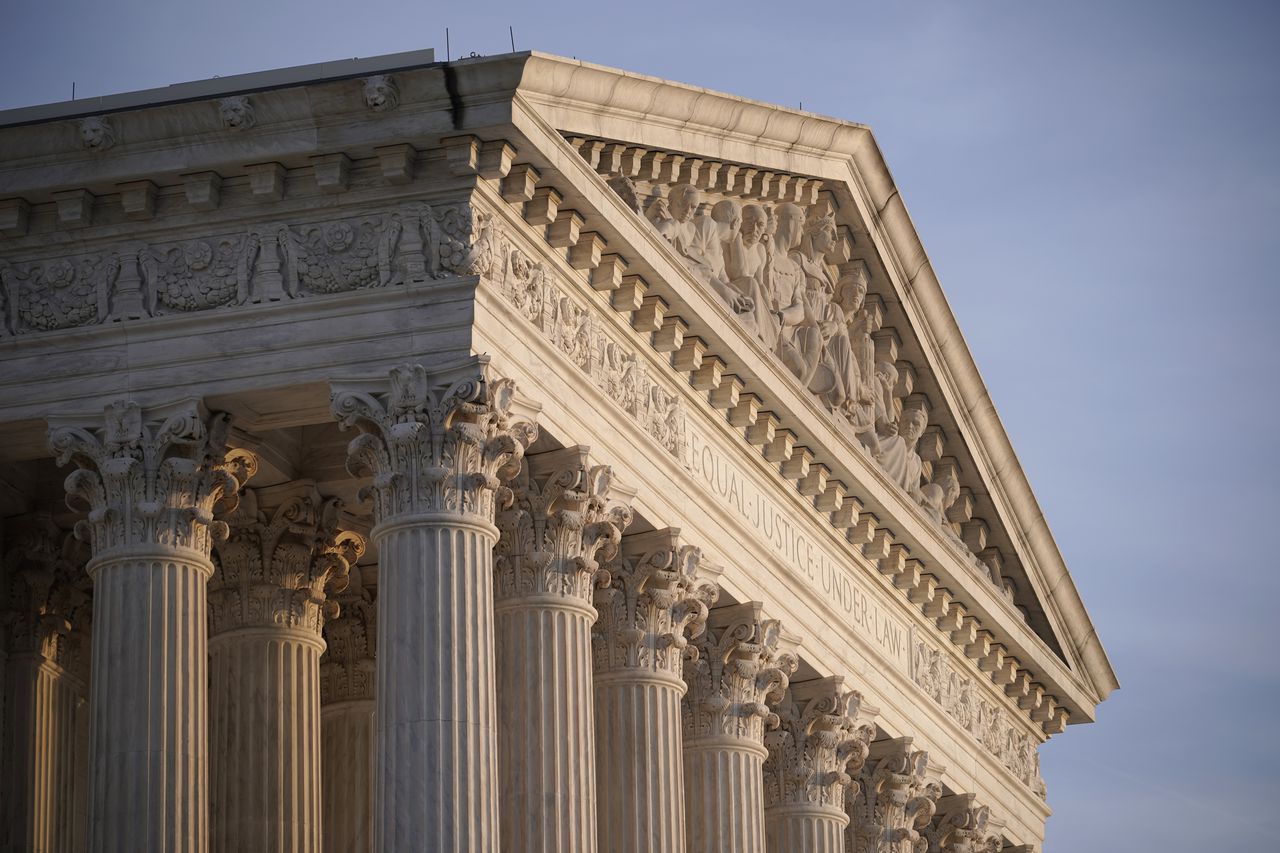Abortion, guns, voting rights: Once again, 5th Circuit packs SCOTUS docket with culture war issues
Monday marked day one of a new U.S. Supreme Court session.
Abortion access, gun laws and voting rights made their way on the docket by way of the 5th Circuit Court of Appeals, like many social wedge issues that end up before the cour.
“The 5th Circuit Court of Appeals is perhaps the most aggressively conservative circuit in the
Country,” Matt Steffey, professor of law at Mississippi College, said.
The 5th circuit covers Mississippi, Louisiana and Texas. In the federal court system, circuit courts sit between district courts and the Supreme Court. Conservative judges dominate the lower court, with 12 of 17 judges having been appointed by Republican presidents, half of which are Trump-appointees. Four were appointed by Democratic presidents.
“It pushes the envelope even further than the Supreme Court, which has been on a conservative trajectory, with its 6-3 supermajority pushing things out further to the right than we’ve seen, in my professional lifetime,” Steffey said.
A 5th Circuit decision out of Texas could reinstate restrictions on access to the abortion medication mifepristone, an FDA-approved pill used in most abortions in the United States today.
The Supreme Court overturned Roe v. Wade in June 2022, ending the constitutional right to abortion and leaving laws regarding access up to states. Texas banned all abortions until recently. Texas Gov. Greg Abbott signed a law in September allowing doctors to provide abortions in special circumstances.
Also out of Texas, a 5th Circuit decision could keep guns in the hands of domestic violence offenders. The 2022 case challenges a decades-old amendment to the Federal Firearms Act that prohibits those who are subject to active domestic violence restraining orders from possessing firearms. The Supreme Court will decide whether the amendment violates the Second Amendment.
Abortion and guns overshadow environmental regulations, another issue on the Supreme Court’s docket this term, one salient in the minds of young students in the face of climate change, Steffey said.
“These cases challenge the ability of the government to govern,” he said.
“We’ve recently seen the EPA unable to address climate change. And, there’ve been attempts this past term by special interests to push cases before the Supreme Court that take it even further and dismantle consumer protection, environmental regulation, and the basic work of government.”
Voting rights are also top of mind, as the Supreme Court takes up gerrymandering again this term.
South Carolina appealed to the Supreme Court following the ruling in Alexander v. South Carolina State Conference of the NAACP in 2022. The case questioned the constitutionality of the state’s congressional maps, which had been newly drawn in a way that diluted the Black vote in most districts and increased Black voters in one represented by U.S. Rep. James Clyburn. The NAACP determined this is an act of racial gerrymandering, which is prohibited by the Constitution. However, the Supreme Court has ruled that partisan gerrymandering does not violate the Constitution.
“Taking away their vote, you might as well lock the doors of the polling places and tell people they can’t come in,” said Lynn Teague, vice president of issues and action at the League of Women Voters of South Carolina. The group filed an amicus brief in the case, producing material showing the extent to which Black residents were excised.
Teague said a win would put Black voters in a position to have their interests represented in Washington.
The Supreme Court hears the case next week.
